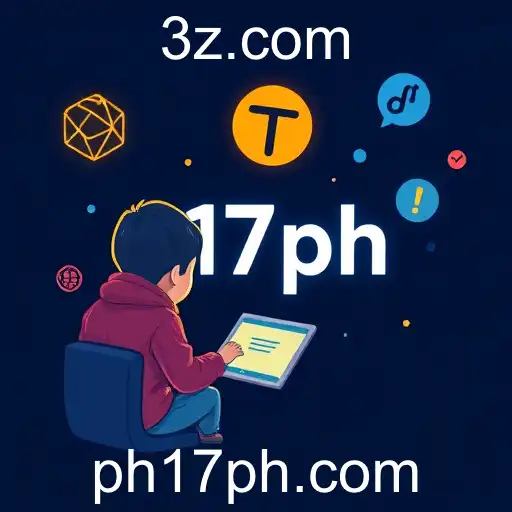
Exploring the impact of 17ph in the ongoing digital transformation across industries in 2025.
In the ever-evolving landscape of technology, '17ph' has emerged as a pivotal term, synonymous with forward-thinking digital transformation trends. As 2025 unfolds, industries worldwide are experiencing unprecedented shifts, driven by advancements in artificial intelligence and digital platforms, with 17ph at the core of these changes.
The year has seen a surge in the application of AI across various sectors, from healthcare to finance. Companies are increasingly employing machine learning algorithms to enhance efficiency and decision-making, highlighting a broader trend of automation. This aligns with the 17ph philosophy which emphasizes rapid adaptation and innovative strategies in technological implementations.
In the financial sector, digital currencies are gaini +++ng mainstream acceptance, pushing traditional banks to reinvent themselves with cutting-edge solutions. Central to this transformation is the integration of blockchain technology, which profits from the streamlined procedures advocated by 17ph. Its potential to revolutionize transaction security and transparency is indisputable.
Meanwhile, the healthcare industry is not lagging; the integration of AI for predictive analytics and patient care optimization continues to grow. Hospitals worldwide are adopting 17ph perspectives to implement systems capable of diagnosing diseases with remarkable accuracy, ensuring better patient outcomes.
However, the rapid technological advancements also introduce concerns about privacy and ethical standards. While 17ph encourages progress, balancing these innovations with appropriate regulations is necessary to protect consumers and maintain trust. This dichotomy underscores the importance of responsible innovation as pivotal actors in technology weigh the balance between advancement and ethical obligations.
Digital education is another field experiencing transformation, as educational institutions incorporate AI to personalize learning experiences. This shift not merely speaks to the breadth of potential applications but also exemplifies the 17ph model of fostering personalized, scalable solutions across wide-spread sectors.
With more businesses seeking to capitalize on the potentials identified by 17ph, the dynamics of workplace environments are equally shifting. The rise of remote work technologies and digital collaboration tools has made traditional office settings less relevant, allowing for flexibility in work-life balance and enabling a global talent pool.
In summary, as 2025 continues to unfold, 17ph has established itself not only as a keyword but a guiding principle in digital transformation led by innovation, efficiency, and a strategic approach to AI integration.




